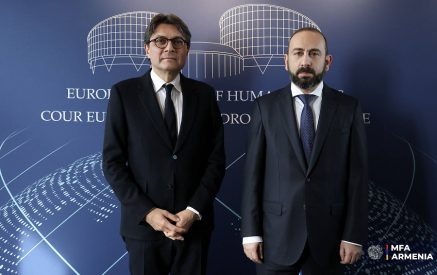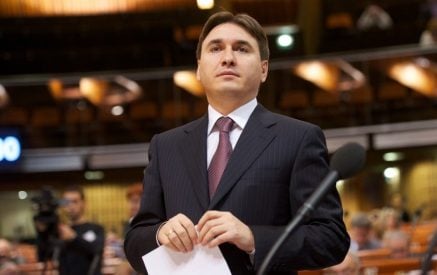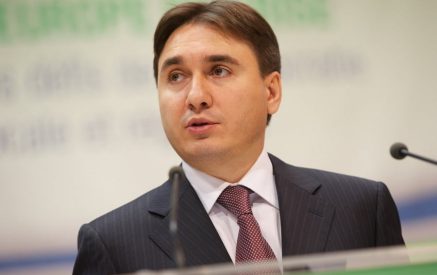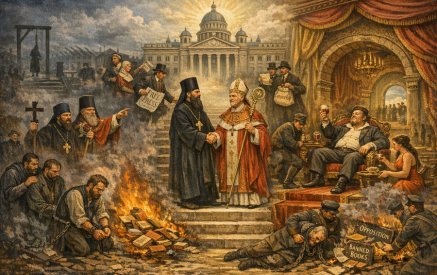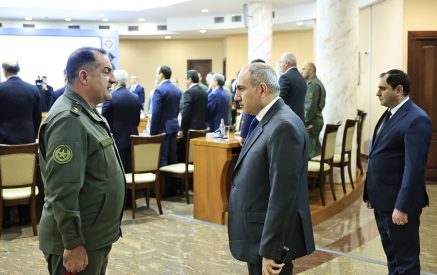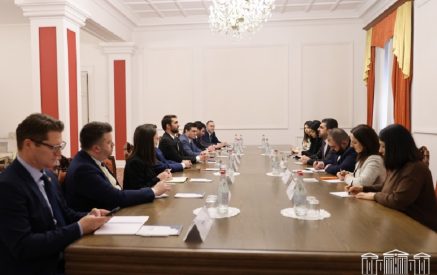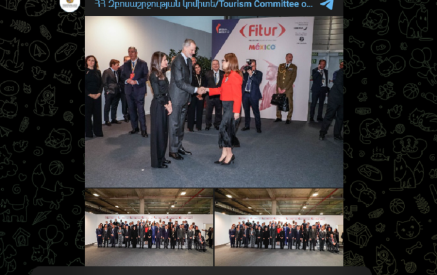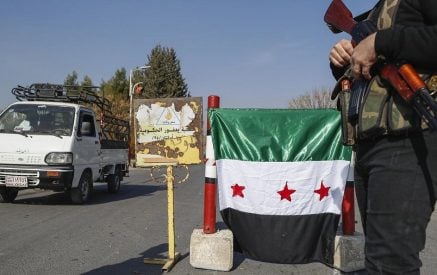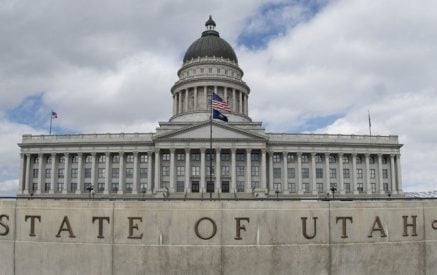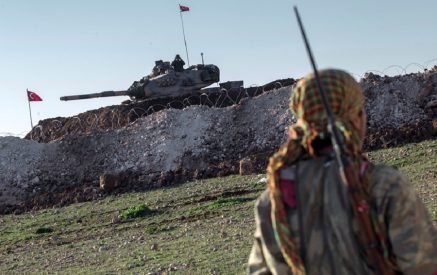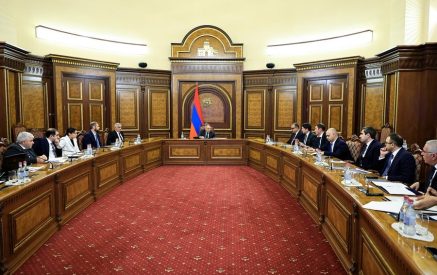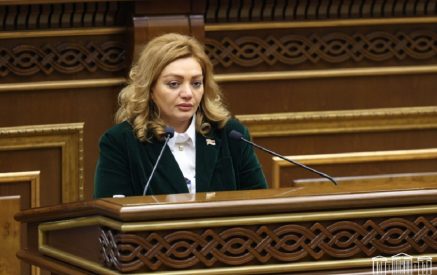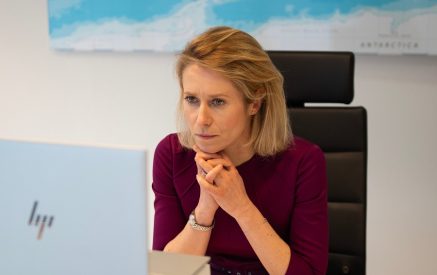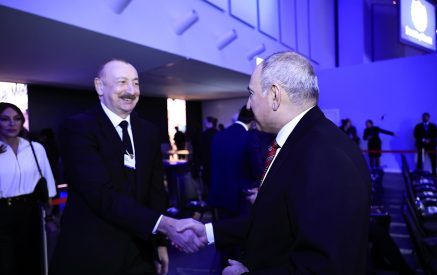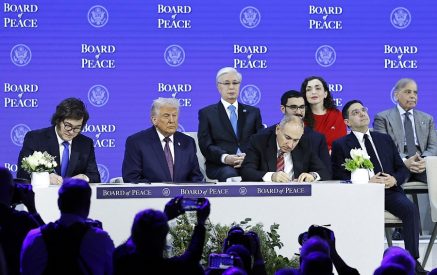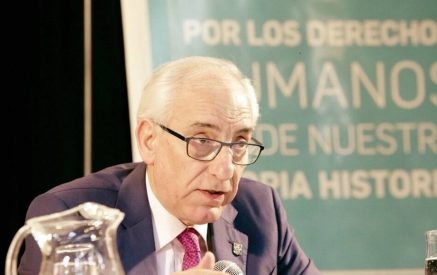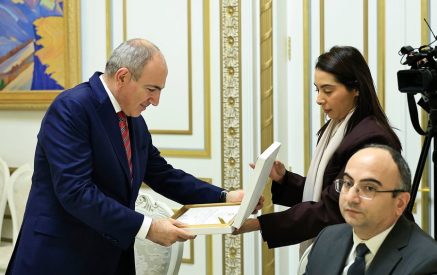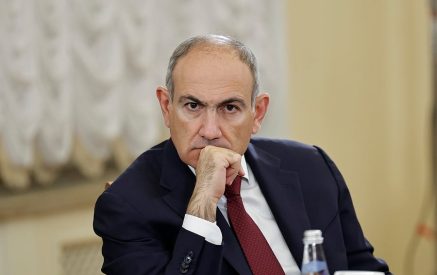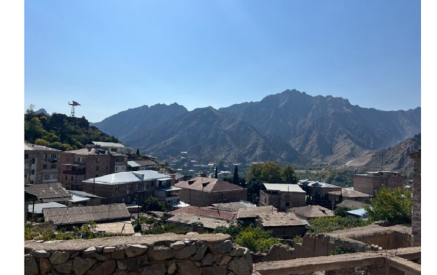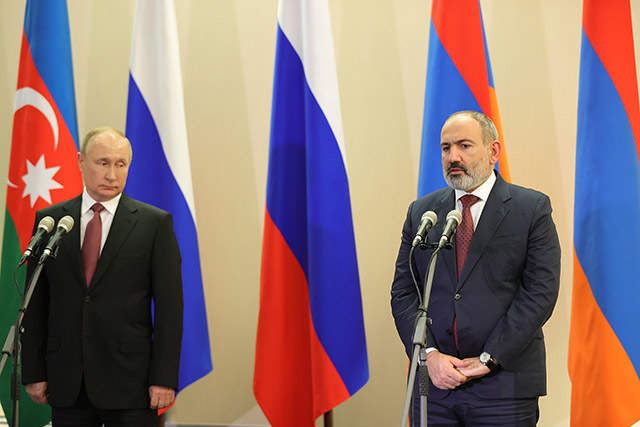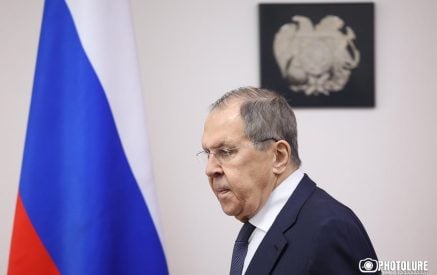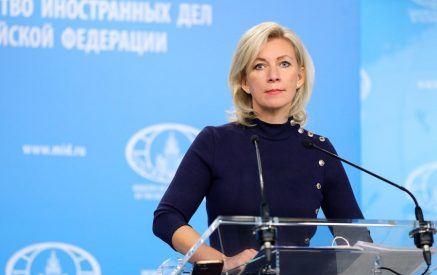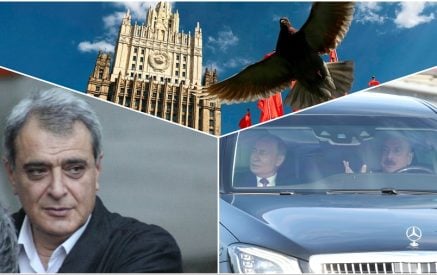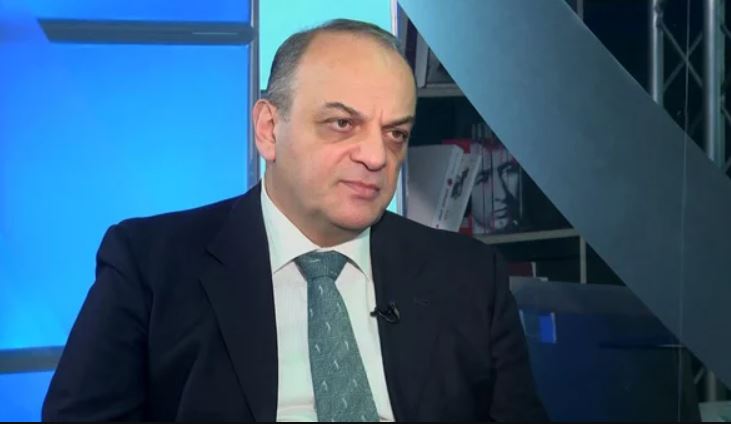According to the RA Ambassador Extraordinary and Plenipotentiary and former Foreign Minister of Artsakh Arman Melikyan, the results of the Putin-Pashinyan meeting show that there are no insurmountable differences between Moscow and Yerevan and the negotiating parties are quite satisfied with the results.
– What are the main messages of the Putin-Pashinyan joint statement spread on April 19? What developments can be expected?
– In fact, this statement can be perceived as a bilateral goal to continue and deepen multifaceted bilateral cooperation. I also have the impression that the Russian side sees Nikol Pashinyan as the Prime Minister of the Republic of Armenia for at least another year or two.
This is a unique message addressed to the international community, as well as the political elites and societies of Russia, Armenia, and Azerbaijan. In any case, we must take into account that the entire post-Soviet region and most of its adjoining states have entered a phase of active transformation, which can intensify the old, frozen conflicts and give birth to new ones. This means that we must be ready to face not only old but also completely new challenges. Most of them are predictable.
Read also
– Russian Foreign Ministry spokesperson Maria Zakharova in her statement accused the United States and France of paralyzing the Minsk Group format. She described the Brussels meeting as a bold attempt to master the essence and agenda of the well-known Russian-Azerbaijani-Armenian high-level agreements. Is Russia jealous of the Armenian authorities’ recent pro-Western policy?
– I do not think that the Russian side actually sees such a problem. I have the impression that such a raging reaction of Maria Zakharova is intended to stage a scene of Russian political jealousy when there are obviously no substantive grounds for it.
The EU has no objective leverage to influence Armenian-Azerbaijani relations. Moreover, the EU is now interested in maintaining peace in the South Caucasus at all costs, as it aims to reduce its energy dependence on Russia through Azerbaijan’s oil and gas, as well as its energy transit capabilities. In other words, the EU is likely to support Russia’s efforts in the South Caucasus if it has guarantees that its energy interests will be taken into account. I do not rule out that in this way it may be possible to mix Russian oil with Azerbaijani oil or gas. After the visit of Prime Minister Pashinyan, the possibility of keeping the format of the Minsk Group co-chairmanship alive is also visible.
– The draft statement on “Conceptual Provisions of Armenia-Turkey Relations” authored by the “Armenia” faction failed in the parliament. How would you comment, or if the bill is discussed and adopted, what could change?
– This was a convenient opportunity for the current government to show Ankara and Moscow that it is ready to ignore and suppress any internal political uprising, which will target the prospect of normalization of Armenian-Turkish relations.
– After the Michel-Aliyev-Pashinyan trilateral meeting, it seems that Russia was dissatisfied, at least, one could get such an impression from the Sergey Lavrov-Ararat Mirzoyan press conference. What does Russia want and what is the policy of the Armenian authorities?
– Mr. Lavrov has been quite gloomy lately. I have not seen him smiling in public for a long time. There are probably serious reasons for that, which do not necessarily have to be connected with the policy pursued by the Armenian authorities. In any case, the results of the Putin-Pashinyan meeting show that there are no insurmountable differences between Moscow and Yerevan and the negotiating parties are quite satisfied with the results. And I see the Brussels meeting in the context of the EU’s desire to diversify its energy supply, which, in this case, may be just like moving money from the right pocket to the left pocket.
Tatev HARUTYUNYAN


